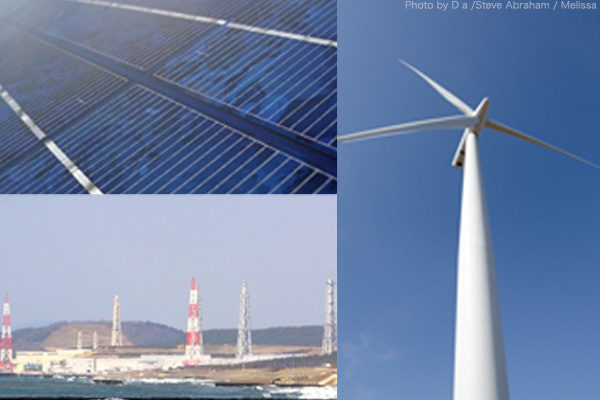Russia’s war of aggression against Ukraine has led the world to face the most serious energy crisis since the oil shock in the 1970s. Coupled with fuel and food price spikes, the world has been brought to the brink of recession and the first inflation acceleration in some 40 years.
The European Union has joined the Group of Seven industrial democracies in sanctions on Russia to cut oil imports from Russia by 90% by the end of this year. But the EU has fallen short of imposing a Russian natural gas embargo because it would take several years to construct new pipelines and liquefied natural gas (LNG) terminals to secure alternative gas supply sources. Russia for its part has been trying to unsettle the EU by reducing gas supply to Germany on the pretense of pipeline maintenance and repair.
Changing global energy supply-demand relations
As Russia rivals Saudi Arabia as the world’s largest oil exporter and is positioned as the world’s largest natural gas exporter, the world now sees an oil and natural gas/LNG crisis. Since the Paris Agreement for decarbonization was signed in 2015, Europe has seen the spread of a dualistic approach that views fossil fuels as evil and renewable energy as good. In the United States, the inauguration of the environment-friendly Biden administration has braked shale oil development.
Given such developments, international oil majors have been forced to substantially reduce upstream investment in oil exploration, development and production, leading autocratic countries such as Saudi Arabia and Russia to enhance their oil market control. Meanwhile, countries outside the Organization for Economic Cooperation and Development (OECD), such as China, India and members of the Association of Southeast Asian Nations (ASEAN), account for the majority of global oil consumption, creating a loophole in sanctions on Russia.
As confrontation between Western democracies and autocratic countries including China and Russia over the Ukraine crisis has become clearer, most emerging economies have given priority to their respective national interests. For instance, China and India have rapidly expanded crude oil imports from Russia, which are priced $30-40 per barrel lower than international prices. India, Iran, Turkey and Egypt are operating or constructing Russian-made nuclear reactors and demonstrated their pro-Russia stance in voting on resolutions at the United Nations General Assembly. Saudi Arabia, while taking a passive attitude on the United States’ strong request for oil production expansion, has cooperated with Russia to keep oil prices high through their coordinated production cut and tried to enhance relations with China, the largest export destination for Saudi oil.
Urgently required to restart nuclear plants in eastern Japan
The world now faces interrelated threats to global, national, economic and energy security including a climate change crisis through global warming, unilateral moves to change the status quo by force, the destabilization of supply chains for semiconductors and rare resources, and fossil fuel supply insecurity.
In the meantime, Japan has plunged into serious electricity shortages as nuclear power plants’ restart has been substantially delayed while power market deregulation and the introduction of solar photovoltaics and other renewable energy sources have proceeded. Stable electricity supply is indispensable for the survival of the nation. The government should strive to restart nuclear power plants certified as safe, especially those located in eastern Japan. While the world situation changes dramatically, Japan should turn the current energy crisis into an opportunity to promptly restructure its long-term, comprehensive national energy strategy.
Tsutomu Toichi is a visiting researcher at the Institute of Energy Economics, Japan.


